“A proverb says that ‘Only stupid men learn from experience. Wise men learn from other people’s experience’.” I got this from an article written by August Turak about coachability on Forbes.com – http://www.forbes.com/sites/augustturak/2011/09/30/are-you-coachable-the-five-steps-to-coachability/
One of the number one qualities that a coach looks for in a player is coachability. They want to know that a player is going to be willing to listen, learn, practice and put into play what they teach them. This is one reason you need to do your research on the coach, their background and their coaching style. If you don’t respect a coach’s principles then you will never allow them to coach you to your potential. You must have faith in your coach because many times it will get worse before it gets better. so you have to trust they are doing what is best for you. You will miss out on so many opportunities to learn and improve over 4 years of college golf if you aren’t willing to be coached. So start learning how to be more coachable as a junior golfer. Here are 6 key ways to help you understand how to do that.
- Be willing to learn from others who have more experience than you. This does not mean you should do everything they do just because they are better than you. But it does mean you can identify some of your weaknesses and see how you might could improve by watching or asking someone else for help on those specific areas. A big component of being coachable means that you want to learn from other people’s experiences and soak up their knowledge.
- You must respect your coach and instructor. They have the tools you are looking to acquire so you must give them your full attention every chance you have to learn from them. Your coach may not ALWAYS be right and it may not be the ONLY way of doing things but being coachable means that you are willing to try something different and put your full effort into making it work for you.
- You must check your ego at the door. While on the golf course, you need to maintain your confidence and desire to kick everyone’s butt, however, during practice, lessons, meetings and workouts you must always keep in mind that the coach knows what they are doing and be willing to listen, learn and act. College coaches will tell you one of their biggest turnoffs is a player with an ego. Having an ego prevents that player from trying new things and seeing the bigger picture of what the coach and team is trying to accomplish. There is a major difference between having an ego and having confidence (which I will address in another article soon),
- You must be willing to practice and absorb what your coach is telling you. If you have the attitude that you know what is best and not willing to do things that are out of your comfort zone than you will take twice as long to improve as another player who is coachable. You must be willing to put the time into drills, tasks and assignments in order to see the results, even if you don’t feel it is something you should be doing.
- Be willing to accept criticism. A major step in being more coachable is the willingness to accept criticism. This is easier for some players than others, but all athletes must be willing to accept critiques and work on their weaknesses. This is a big factor during all of my initial evaluation with a player, I watch and identify their weaknesses, both physically and mentally, and test how receptive they are to my critiquing and questioning of what they are doing. It tells me a lot about how coachable the player is going to be during their junior golf development, as well as how they will be with a college coach.
- Be gracious and humble. When it is all said and done, being gracious to the person who is trying to help you will always show a certain level of coachability. Sometimes there may be something you just don’t feel is good for your game or you are really struggling to make the changes your coach has asked of you, rather than accuse them of being wrong or not knowing what was best, be sure to thank them for their time and energy spent trying to help you. Be humble enough to know that you don’t know everything, and be willing to try new things and work hard at them, but also know that if it’s just not working for you that you still need to be gracious about the effort that was given to you.
Being coachable isn’t just for when you get to college. Begin working on it now. Ask your swing coach how receptive they think you have been to their directions, do they feel that you are a coachable student. If not, ask how you can improve on that. Ask your high school coach if they feel you have the right attitude with their instructions (which trust me, I know that not all high school coaches should be giving out golf advice, ha). But they are still your coach and you should respect them and what they are trying to do for the team, as much as possible.
Take advantage of anybody who has had more success than you have had and ask them questions. Really listen to what they say. You may not relate to everything they say but you can always learn something. And not everything they do will help you as a player, because as we all know golf is a tricky game with 50+ different ways to approach almost every part of the game. But watch how they do things differently from what you do. Be gracious for their efforts and always say thank you.


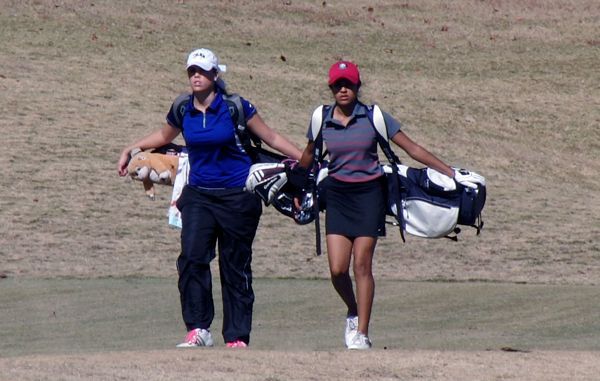
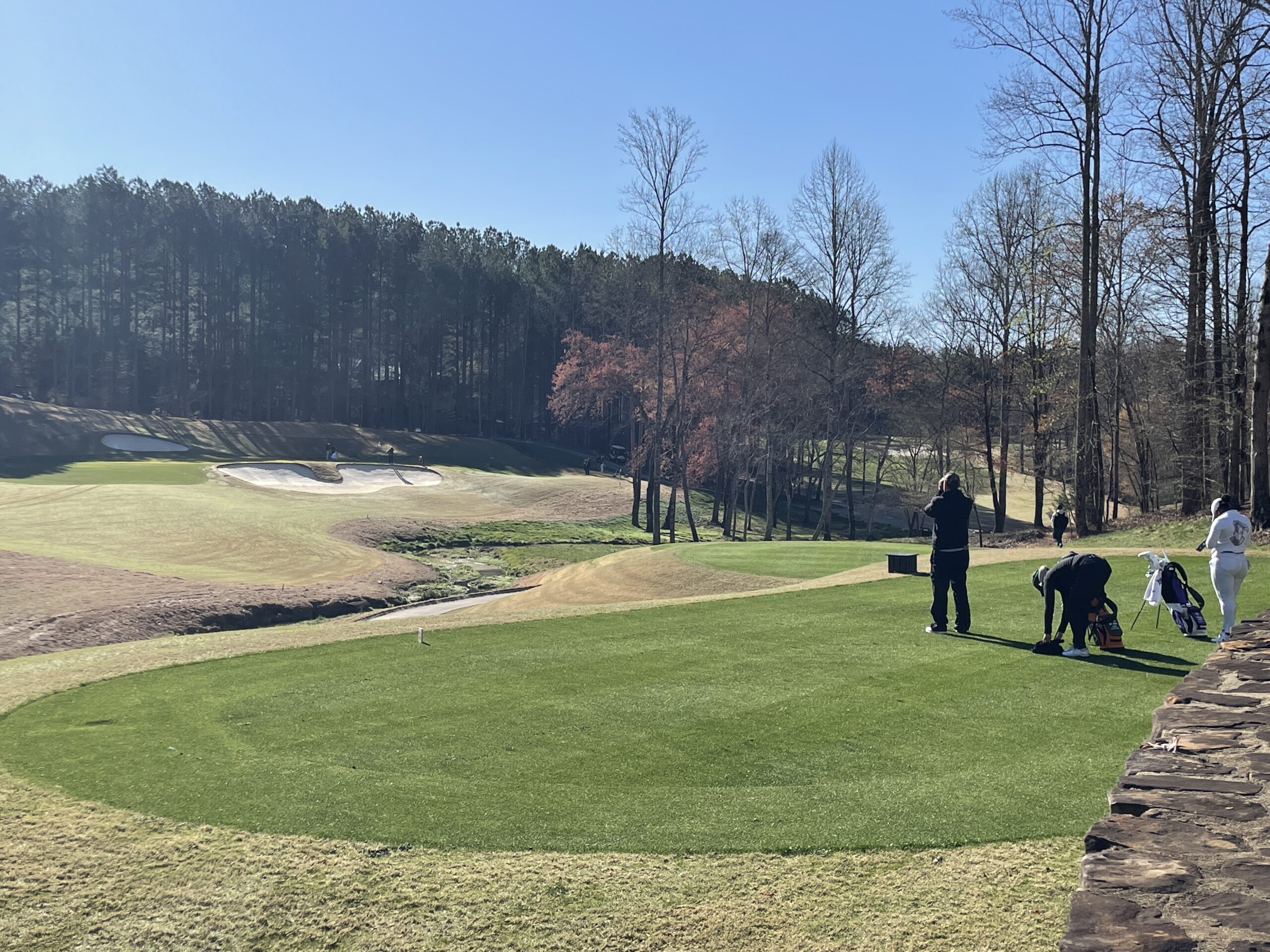
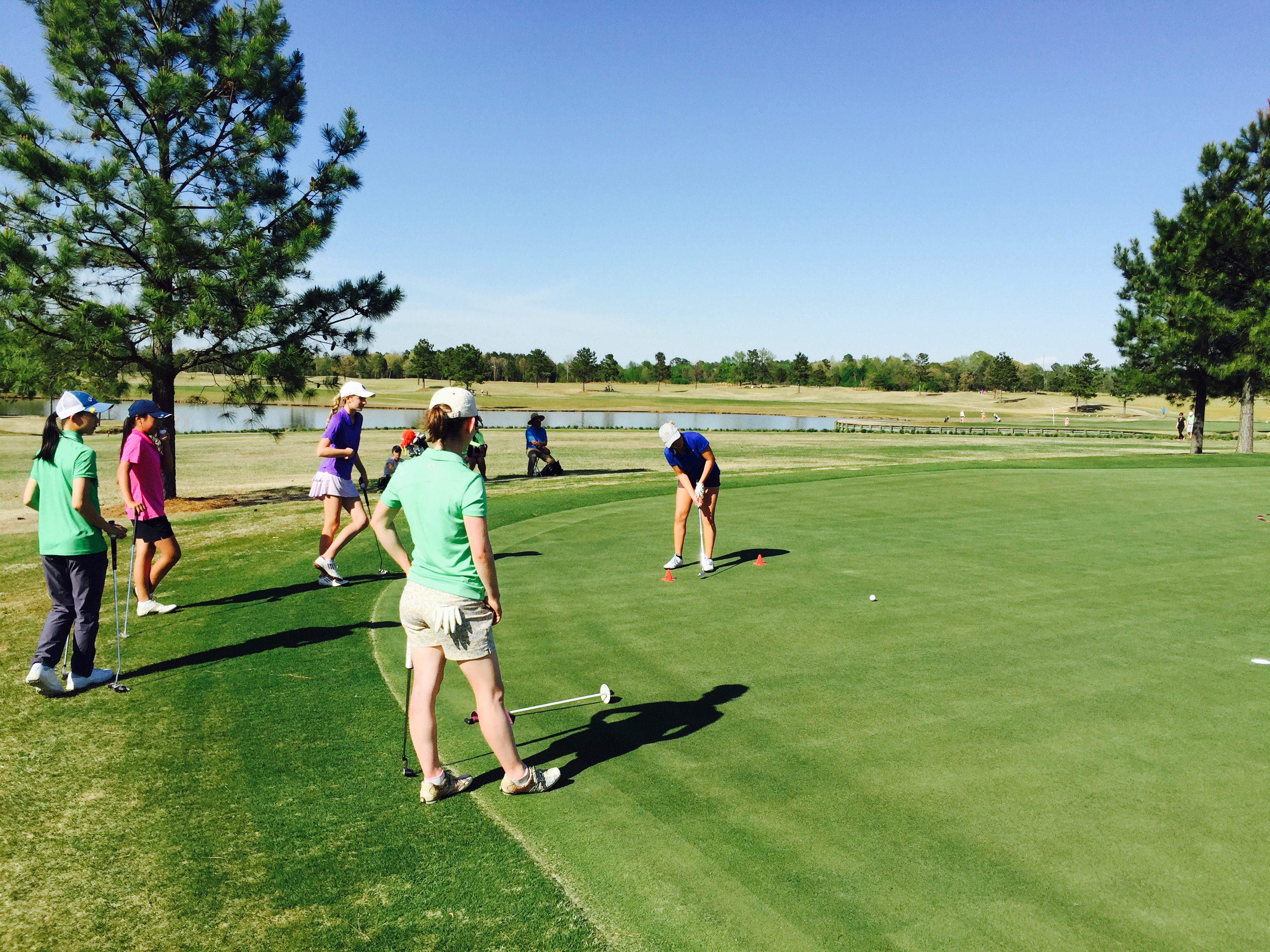
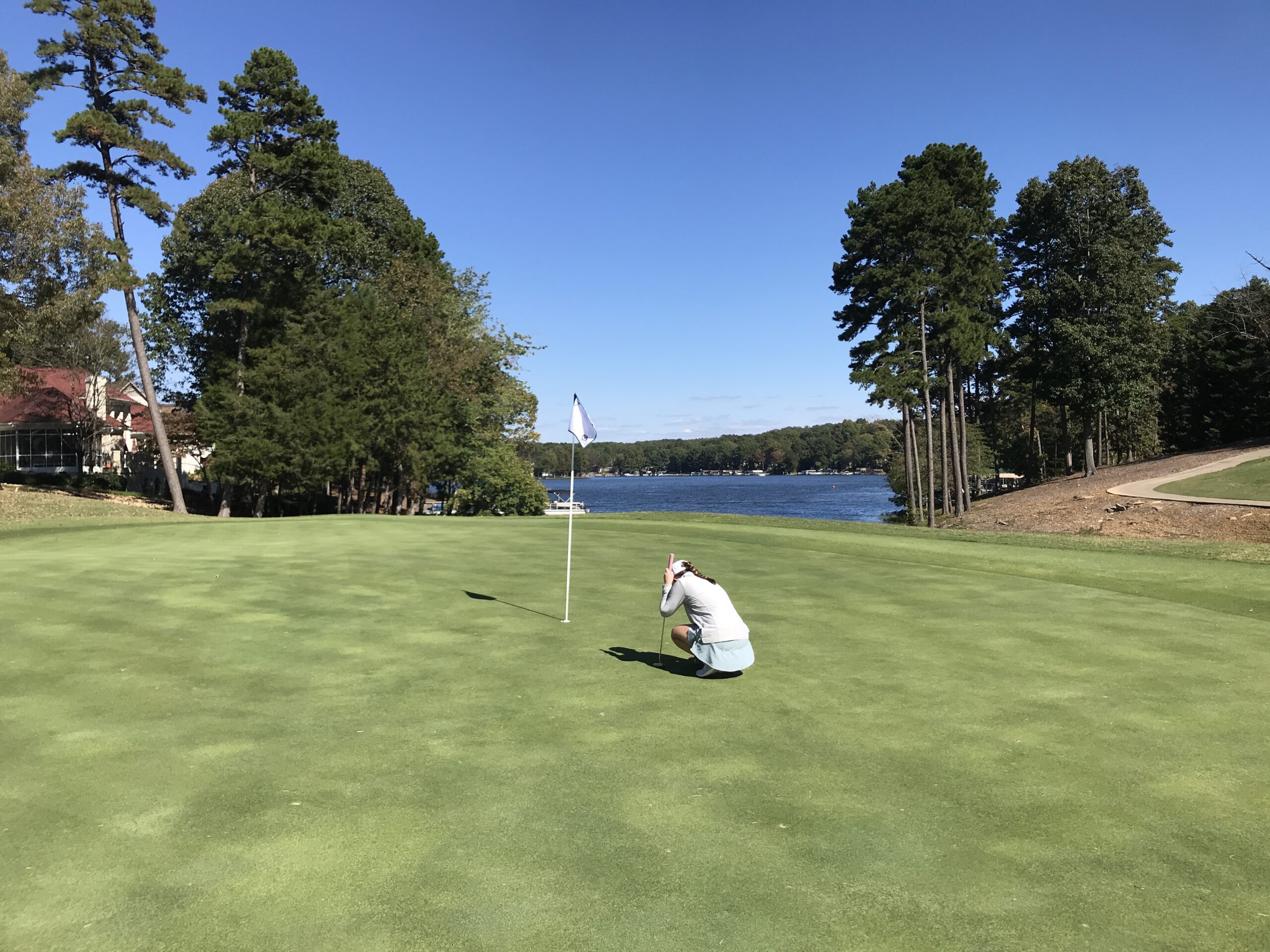
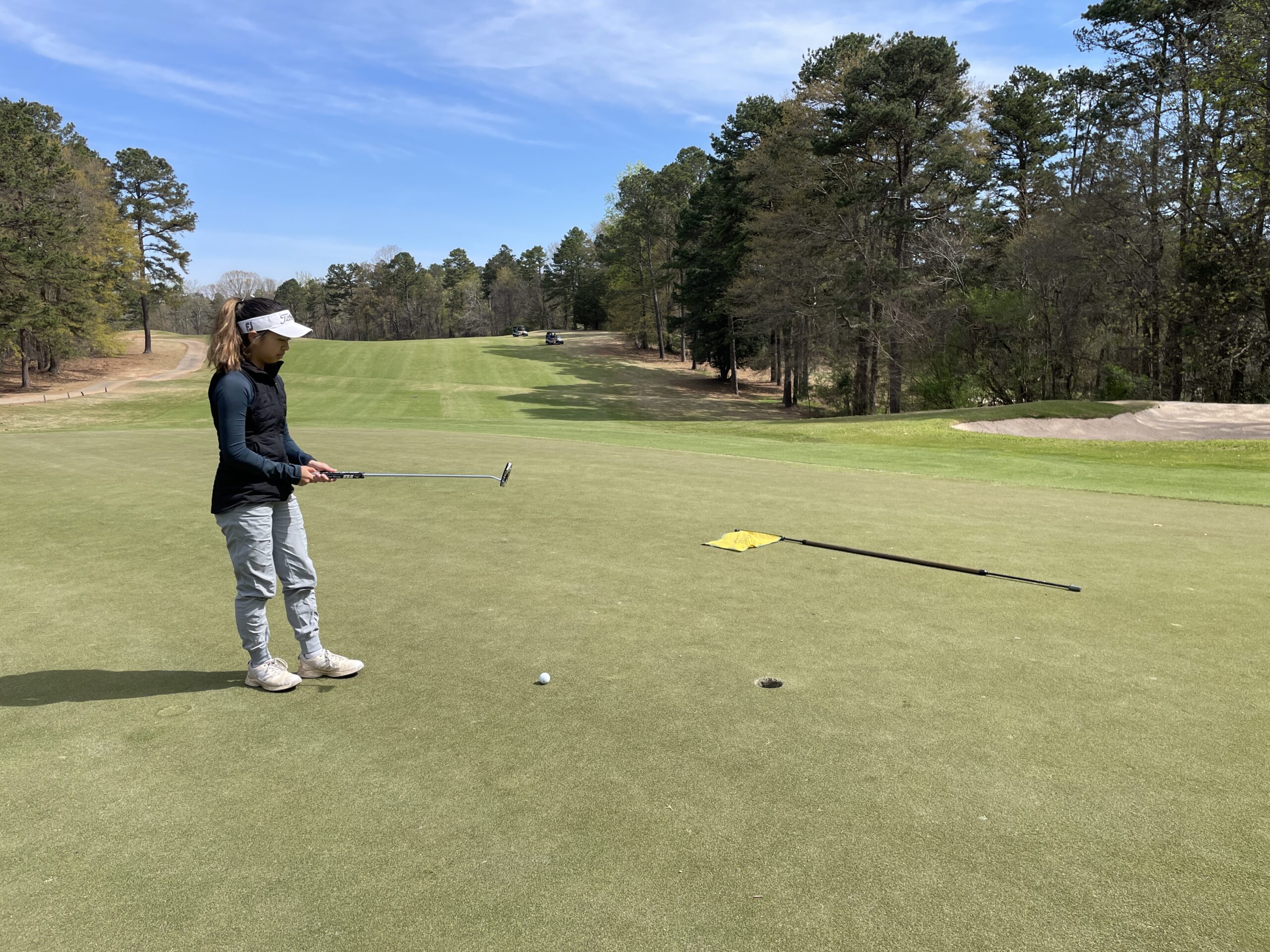
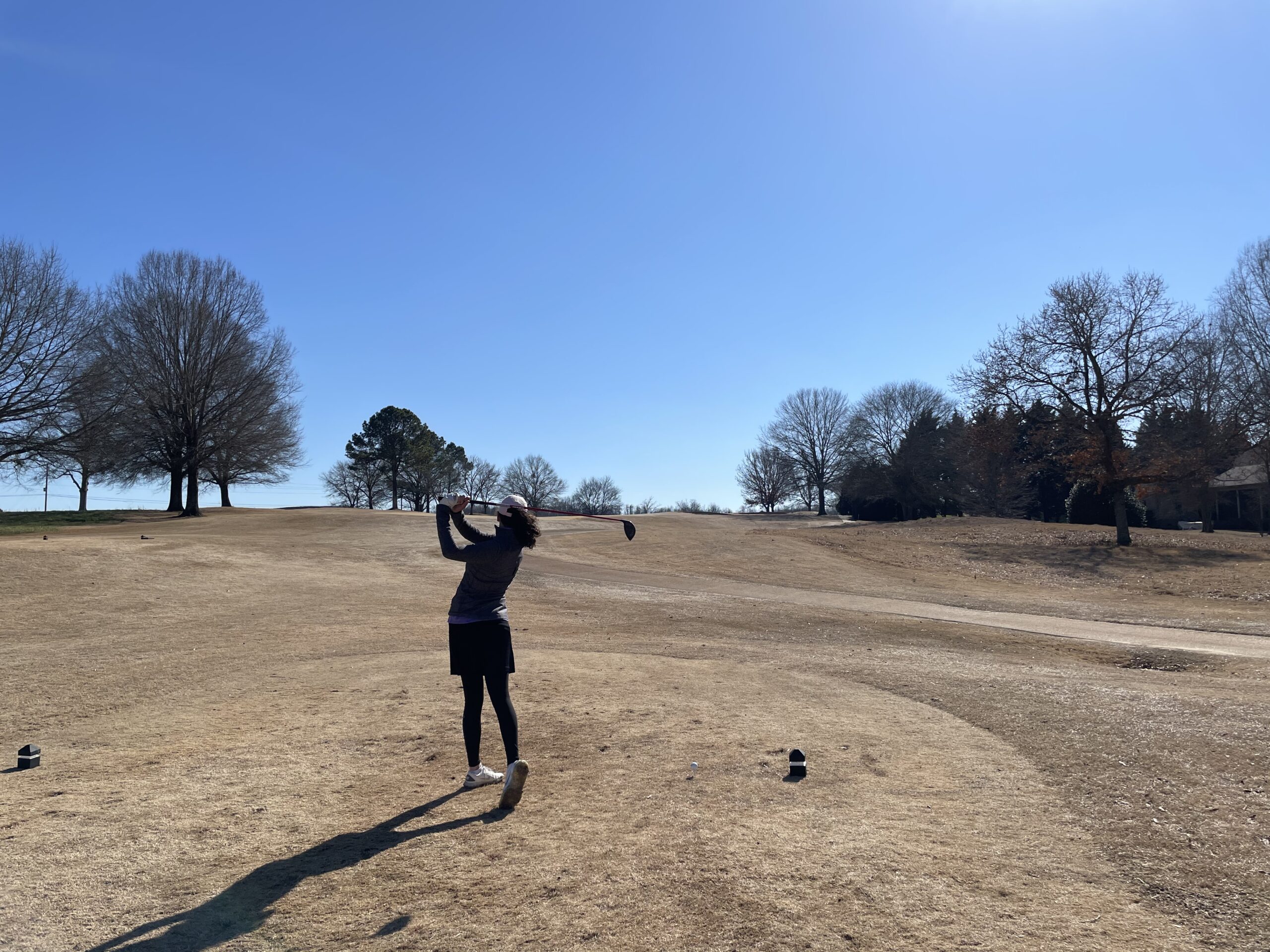
Leave A Comment